Mobile Marketing Trends: The Future of Digital Advertising
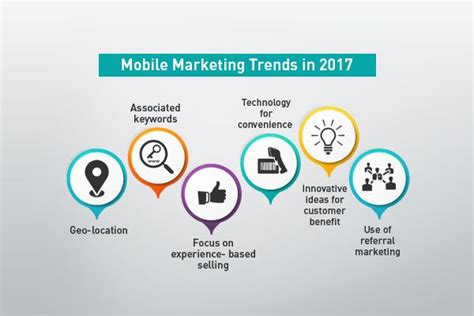
Mobile marketing has become an essential part of any successful digital advertising strategy. With the increasing use of smartphones and tablets, businesses are realizing the importance of reaching their target audience through mobile devices. In this article, we will explore the latest mobile marketing trends that are shaping the future of digital advertising.
- 1. Mobile-First Indexing
- 2. Location-Based Marketing
- 3. Augmented Reality (AR) Advertising
- 4. Chatbots and Artificial Intelligence (AI)
- 5. Video Marketing
- 6. Voice Search Optimization
- 7. Personalization and User Experience
- 8. Influencer Marketing
- 9. Mobile Payment Solutions
- 10. Privacy and Data Security
- Conclusion
1. Mobile-First Indexing
Mobile-first indexing is a trend that has gained significant traction in recent years. With more people accessing the internet through their mobile devices, search engines like Google have started prioritizing mobile-friendly websites in their search results. This means that businesses need to ensure that their websites are optimized for mobile devices to improve their search engine rankings.
2. Location-Based Marketing
Location-based marketing is another trend that is revolutionizing mobile marketing. With the help of GPS technology, businesses can now target their audience based on their location. This allows them to deliver personalized and relevant content to their customers, increasing the chances of conversion. For example, a restaurant can send a special offer to customers who are in close proximity to their location.
3. Augmented Reality (AR) Advertising
Augmented reality (AR) advertising is an emerging trend that is set to transform the way businesses engage with their customers. AR technology allows users to overlay digital content onto the real world, creating an immersive and interactive experience. Businesses can leverage AR to showcase their products or services in a more engaging way, leading to increased brand awareness and customer engagement.
4. Chatbots and Artificial Intelligence (AI)
Chatbots and artificial intelligence (AI) are becoming increasingly popular in the mobile marketing landscape. Chatbots are automated messaging systems that can interact with customers in a conversational manner. They can provide instant customer support, answer frequently asked questions, and even assist in making purchases. AI-powered chatbots can analyze customer data and provide personalized recommendations, enhancing the overall customer experience.
5. Video Marketing
Video marketing has been on the rise for several years, and it continues to dominate the mobile marketing space. With the increasing popularity of platforms like YouTube and TikTok, businesses are leveraging video content to engage with their audience. Short, attention-grabbing videos are more likely to capture the viewer's attention and convey the brand message effectively. Businesses can also utilize live streaming to interact with their audience in real-time.
6. Voice Search Optimization
Voice search optimization is a trend that is gaining momentum with the rise of virtual assistants like Siri, Alexa, and Google Assistant. People are increasingly using voice commands to search for information, make purchases, and perform various tasks on their mobile devices. Businesses need to optimize their content for voice search by using conversational keywords and providing concise and direct answers to user queries.
7. Personalization and User Experience
Personalization and user experience are crucial factors in mobile marketing success. Customers expect personalized content and experiences tailored to their preferences and needs. Businesses can leverage data analytics and machine learning algorithms to gather insights about their customers and deliver personalized recommendations and offers. Additionally, optimizing the user experience by ensuring fast loading times, intuitive navigation, and mobile-friendly designs is essential for retaining and engaging mobile users.
8. Influencer Marketing
Influencer marketing has become a powerful tool in mobile marketing. Businesses collaborate with influencers who have a large following on social media platforms to promote their products or services. Influencers can create authentic and engaging content that resonates with their audience, leading to increased brand awareness and customer trust. Mobile users are more likely to trust recommendations from influencers they follow, making influencer marketing an effective strategy.
9. Mobile Payment Solutions
Mobile payment solutions are transforming the way people make purchases. With the rise of digital wallets and mobile payment apps, customers can now make secure and convenient payments using their smartphones. Businesses need to integrate mobile payment options into their mobile apps and websites to provide a seamless and hassle-free purchasing experience for their customers.
10. Privacy and Data Security
Privacy and data security have become major concerns for mobile users. With the increasing amount of personal data being collected and stored, businesses need to prioritize privacy and data protection. Implementing robust security measures, obtaining user consent for data collection, and being transparent about data usage are essential for building trust with mobile users.
Conclusion
Mobile marketing is constantly evolving, and businesses need to stay updated with the latest trends to stay ahead of the competition. From mobile-first indexing to augmented reality advertising, the future of digital advertising lies in mobile devices. By embracing these trends and leveraging the power of mobile marketing, businesses can effectively reach their target audience and drive growth in the digital era.
Learn More :
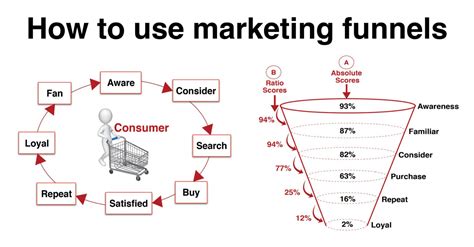 Marketing Funnel Optimization: Maximizing Conversion Rates and Revenue
22 December 2023 by Admin
Marketing Funnel Optimization: Maximizing Conversion Rates and Revenue
22 December 2023 by Admin
Marketing funnel optimization is a crucial aspect of any successful marketing strategy. It involves analyzing and improving each stage of the marketing funnel to maximize conversion rates and revenue....
 Marketing Automation Tools: Revolutionizing the Way Businesses Connect with Customers
22 December 2023 by Admin
Marketing Automation Tools: Revolutionizing the Way Businesses Connect with Customers
22 December 2023 by Admin
In today's digital age, businesses are constantly seeking innovative ways to streamline their marketing efforts and connect with customers more effectively. One such solution that has gained significa...
 Affiliate Marketing Programs: A Comprehensive Guide
22 December 2023 by Admin
Affiliate Marketing Programs: A Comprehensive Guide
22 December 2023 by Admin
Affiliate marketing programs have gained immense popularity in recent years as a lucrative way for individuals and businesses to earn passive income. This comprehensive guide will provide you with an ...
 Influencer Marketing Campaigns: A Powerful Strategy for Brand Promotion
22 December 2023 by Admin
Influencer Marketing Campaigns: A Powerful Strategy for Brand Promotion
22 December 2023 by Admin
In today's digital age, influencer marketing has emerged as one of the most effective strategies for brand promotion. With the rise of social media platforms, influencers have gained significant popul...
![The Complete List of Types of Marketing [30+ Effective Strategies]](/image/blogihisinfo/Video-marketing-strategies.jpg) Video Marketing Strategies: Boosting Your Business with Visual Content
22 December 2023 by Admin
Video Marketing Strategies: Boosting Your Business with Visual Content
22 December 2023 by Admin
In today's digital age, video marketing has become an essential tool for businesses to reach and engage with their target audience. With the rise of social media platforms and the increasing popularit...
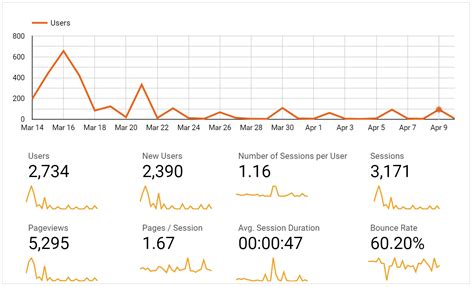 Digital Marketing Analytics: Unlocking the Power of Data
22 December 2023 by Admin
Digital Marketing Analytics: Unlocking the Power of Data
22 December 2023 by Admin
In today's digital age, businesses are constantly seeking ways to gain a competitive edge. One of the most effective strategies is leveraging digital marketing analytics to make data-driven decisions....
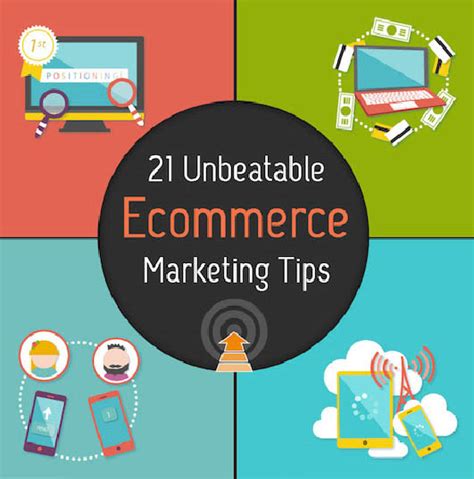 E-commerce Marketing: Boosting Your Online Business
22 December 2023 by Admin
E-commerce Marketing: Boosting Your Online Business
22 December 2023 by Admin
E-commerce marketing has become an essential strategy for businesses looking to thrive in the digital age. With the rise of online shopping, it is crucial for companies to establish a strong online pr...
 Email Marketing Solutions: Boosting Your Business with Effective Communication
22 December 2023 by Admin
Email Marketing Solutions: Boosting Your Business with Effective Communication
22 December 2023 by Admin
In today's digital age, email marketing has become an essential tool for businesses to reach out to their target audience and promote their products or services. With the right email marketing solutio...
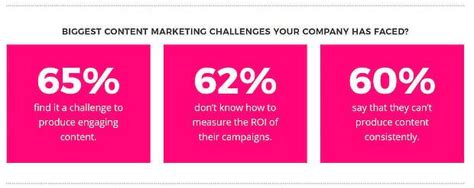 Content Marketing Strategy: A Comprehensive Guide
22 December 2023 by Admin
Content Marketing Strategy: A Comprehensive Guide
22 December 2023 by Admin
Content marketing has become an essential component of any successful marketing strategy. It involves creating and distributing valuable, relevant, and consistent content to attract and retain a clear...
 Social Media Marketing Agency: Boosting Your Online Presence
22 December 2023 by Admin
Social Media Marketing Agency: Boosting Your Online Presence
22 December 2023 by Admin
In today's digital age, social media has become an integral part of our lives. It has transformed the way we communicate, connect, and consume information. With billions of active users on various soc...
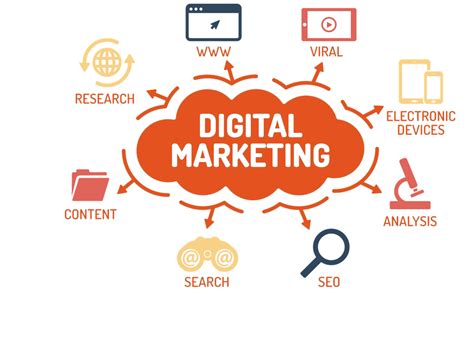 The Importance of Digital Marketing Services
22 December 2023 by Admin
The Importance of Digital Marketing Services
22 December 2023 by Admin
In today's digital age, businesses need to have a strong online presence in order to stay competitive. This is where digital marketing services come into play. Digital marketing encompasses a wide ran...
 The Rise of Big Data Analyst Jobs
22 December 2023 by Admin
The Rise of Big Data Analyst Jobs
22 December 2023 by Admin
In today's digital age, data has become one of the most valuable assets for businesses. With the increasing amount of information being generated every second, companies are now turning to big data an...
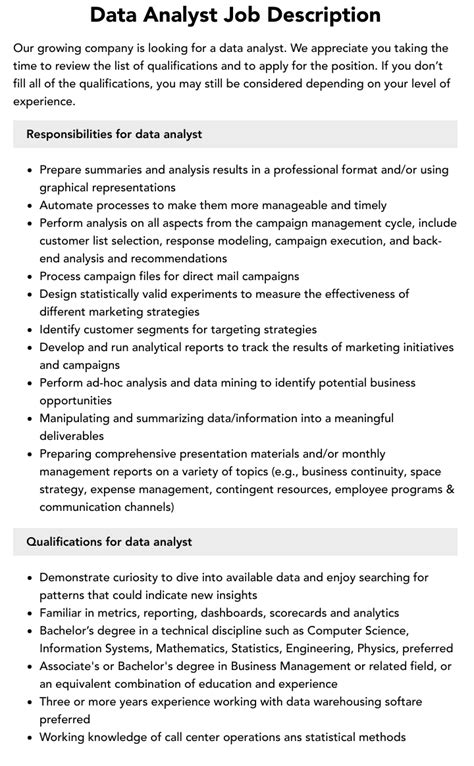 The Job Description of a Big Data Analyst
22 December 2023 by Admin
The Job Description of a Big Data Analyst
22 December 2023 by Admin
Big data has become an integral part of many industries, and companies are increasingly relying on data analysis to make informed decisions. As a result, the demand for big data analysts has grown sig...
 Big Data Analyst in Southwest
22 December 2023 by Admin
Big Data Analyst in Southwest
22 December 2023 by Admin
Big data has become an integral part of businesses across various industries. It refers to the massive volume of structured and unstructured data that organizations collect on a daily basis. This data...
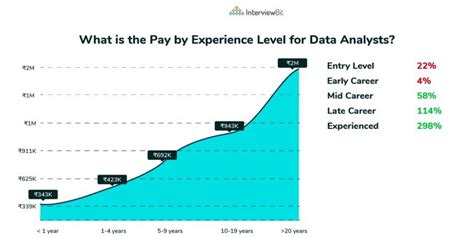 The Salary of a Big Data Analyst: Exploring the Lucrative Career Path
22 December 2023 by Admin
The Salary of a Big Data Analyst: Exploring the Lucrative Career Path
22 December 2023 by Admin
Big data has become an integral part of modern businesses, and the demand for skilled professionals who can analyze and interpret this vast amount of information is on the rise. One such profession th...
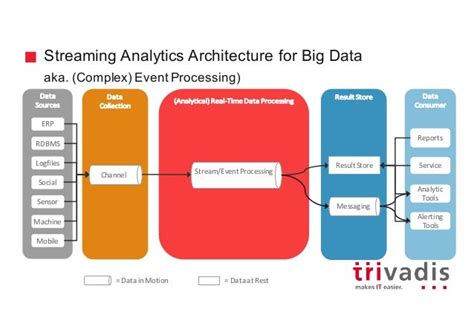 Big Data Analytics Architecture: Unlocking the Power of Data
22 December 2023 by Admin
Big Data Analytics Architecture: Unlocking the Power of Data
22 December 2023 by Admin
Big data analytics has emerged as a game-changer in today's data-driven world. With the exponential growth of data, organizations are realizing the need to harness the power of big data to gain valuab...
 Big Data Engineer vs Big Data Analyst: Understanding the Roles and Responsibilities
22 December 2023 by Admin
Big Data Engineer vs Big Data Analyst: Understanding the Roles and Responsibilities
22 December 2023 by Admin
In today's digital age, data has become the lifeblood of businesses across industries. The ability to collect, analyze, and derive insights from large volumes of data has become crucial for organizati...
 How to Become a Big Data Analyst
22 December 2023 by Admin
How to Become a Big Data Analyst
22 December 2023 by Admin
Big data has become an integral part of many industries, and the demand for skilled big data analysts is on the rise. These professionals are responsible for analyzing large sets of data to uncover pa...
 Big Data Analytics: Definition and Importance
22 December 2023 by Admin
Big Data Analytics: Definition and Importance
22 December 2023 by Admin
Big data analytics refers to the process of examining large and complex datasets to uncover hidden patterns, correlations, and other valuable insights. It involves the use of advanced analytics techni...
 Big Data Analytics Companies: Revolutionizing Data-driven Decision Making
22 December 2023 by Admin
Big Data Analytics Companies: Revolutionizing Data-driven Decision Making
22 December 2023 by Admin
In today's digital age, data is being generated at an unprecedented rate. From social media posts to online transactions, every interaction leaves a digital footprint. This massive amount of data, kno...
 Big Data Analytics Applications: Revolutionizing Industries
22 December 2023 by Admin
Big Data Analytics Applications: Revolutionizing Industries
22 December 2023 by Admin
Big data analytics has emerged as a game-changer in various industries, revolutionizing the way businesses operate and make decisions. With the exponential growth of data in today's digital world, org...
 Big Data Analyst at Southwest Airlines
22 December 2023 by Admin
Big Data Analyst at Southwest Airlines
22 December 2023 by Admin
Southwest Airlines is one of the largest low-cost carriers in the world, serving millions of passengers each year. With a commitment to providing excellent customer service and affordable travel optio...
 The Importance of Big Data Analyst Certification
22 December 2023 by Admin
The Importance of Big Data Analyst Certification
22 December 2023 by Admin
In today's digital age, data has become one of the most valuable assets for businesses. The ability to collect, analyze, and interpret large volumes of data has become crucial for making informed busi...
 Senior Big Data Analyst Certification: Unlocking the Power of Data
22 December 2023 by Admin
Senior Big Data Analyst Certification: Unlocking the Power of Data
22 December 2023 by Admin
In today's digital age, data has become the new currency. Organizations across industries are collecting vast amounts of data, but the real value lies in the ability to analyze and derive insights fro...
 The Role of Business Analyst in Big Data
22 December 2023 by Admin
The Role of Business Analyst in Big Data
22 December 2023 by Admin
Big data has become a buzzword in the business world, and organizations are increasingly relying on it to gain insights and make informed decisions. However, the sheer volume and complexity of big dat...